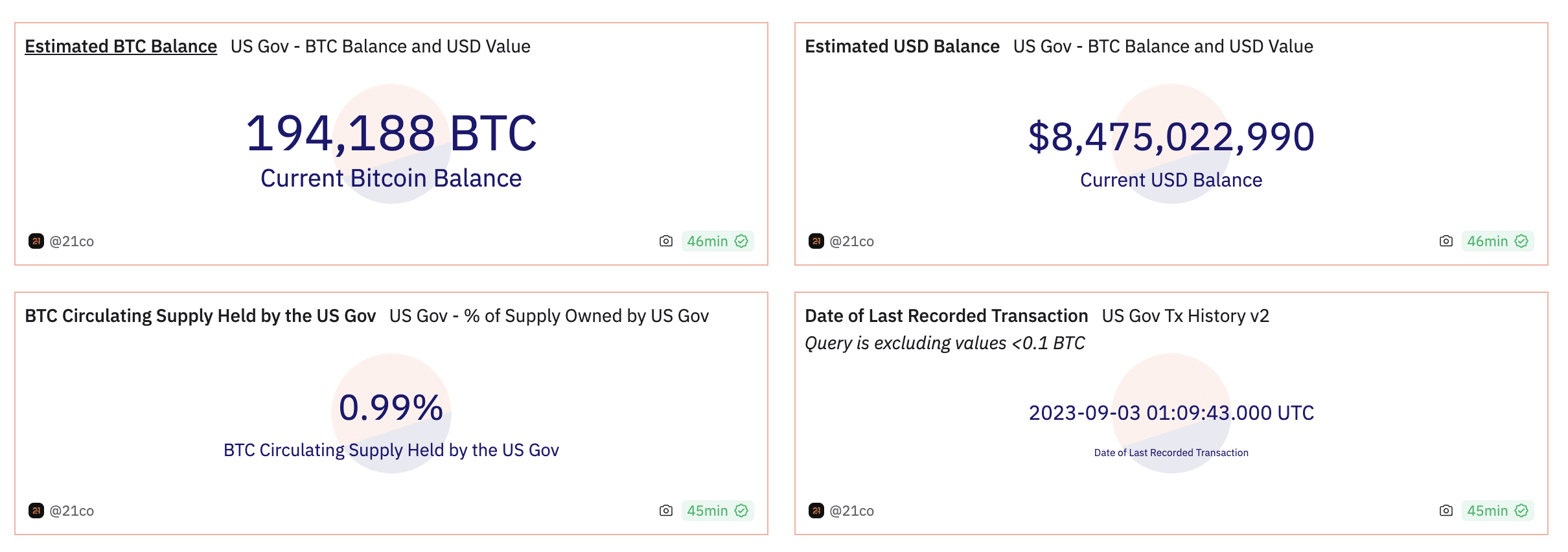
The U.S. Court of Appeals has approved a confiscation order for cryptocurrencies associated with the darknet platform Silk Road.
The resolution was adopted on Dec. 20. The court approved the confiscation of 69,370 Bitcoins (BTC) and other cryptocurrencies as part of the Silk Road case. The defendants include Silk Road founder Ross Ulbricht and the U.S. government as plaintiffs.
Even though the decision was made in August, it will only come into force after the U.S. Court of Appeals ruling. According to the initial complaint, the U.S. government controlled the cryptocurrency after it was transferred by so-called “Individual X,” who hacked Silk Road and gained control of its funds.
In 2020, the U.S. Department of Justice seized and began seeking formal confiscation of the cryptocurrency, valued at more than $1 billion (more than $3 billion at current rates). Ulbricht was taken into custody on Oct. 2, 2013. In 2015, a U.S. court sentenced him to two life sentences plus 40 years without parole.
Confiscated Bitcoins make the U.S. government one of the largest holders of BTC. It owns about 195,000 BTC, almost 1% of the total supply. Most of the assets held in government accounts have been confiscated from cybercriminals.

Funds are stored offline in hardware wallets and are controlled by the Department of Justice (DoJ), the Internal Revenue Service (IRS), and other agencies. When a government agency takes control of a cryptoasset, it does not immediately become U.S. property. The court issues a confiscation order, the government takes ownership and transfers the asset to the U.S. Marshals Service, which subsequently liquidates it – converting it into fiat money.






